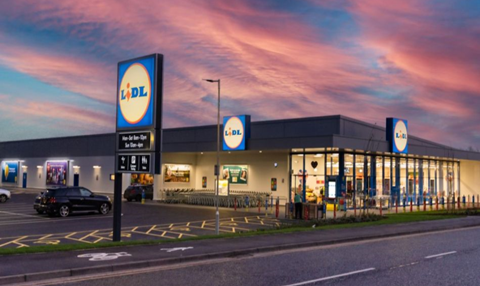Lidl Germany is adjusting the pricing of products in its vegan own brand Vemondo range to align the prices with that of its comparable meat products.

The Vemondo range was introduced by Lidl in 2020, and it now includes up to 650 vegan products in over 3,250 Lidl branches.
Meat alternatives will be placed in the immediate vicinity of their "animal counterparts", with prices adjusted so that the majority of Vemondo products will in future be available at the same basic price as their animal comparison products.
The retailer will level prices as it believes making plant based products the same price as meat products will promote "conscious and sustainable consumption" as customers may not be deterred by product price.
Lidl Germany stated that it had based its decision to balance pricing off the "scientific findings of the Planetary Health Diet," expanding its plant based range and providing "transparency" regarding the proportions of animal and plant based protein sources.
In July, Meat Management reported that the Planetary Health Diet Index was underpinned by research from the Eat-Lancet reference diet. This research has been highly disputed by meat industry trade bodies, who have shown "serious concern" about its findings and the potential implications for public health.
Price is the decisive criterion
Managing Director of Products at Lidl Service GmbH & Co. KG, Christoph Graf, said: "By adjusting the price of our Vemondo products, we would like to increasingly invite customers to try out the plant based alternatives - without the price being the decisive criterion.
"Only if we enable our customers to make ever more conscious and sustainable purchasing decisions and fair choices can we help shape the transformation to sustainable nutrition.
"For us, this also includes remaining in active dialogue with our partners in German agriculture and continually developing our animal range in terms of transparency and husbandry methods."
By 2030, Lidl Germany aims to increase the proportion of plant based protein sources by 20% in Germany, and aims to increase the proportion of alternative dairy products in Germany by 10%.
This story was originally published on a previous version of the Meat Management website and so there may be some missing images and formatting issues.















